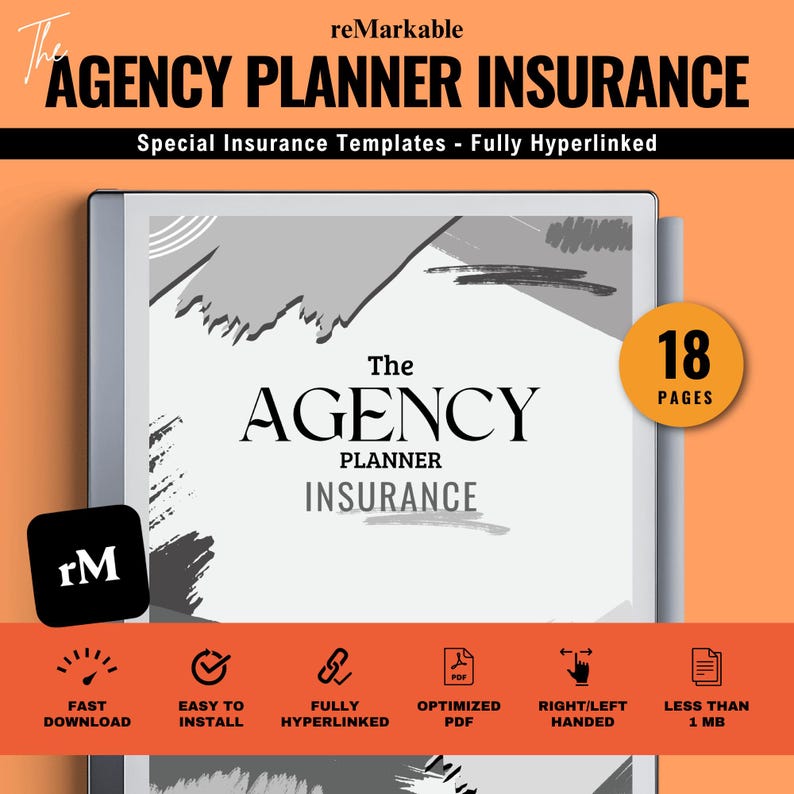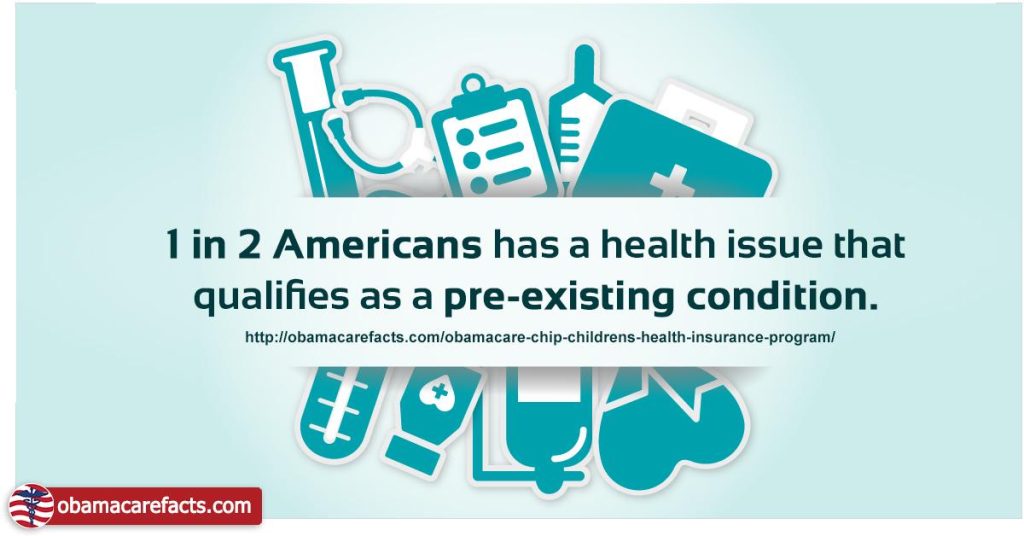When it comes to health insurance, understanding how pre-existing conditions affect your coverage can feel a bit overwhelming. Whether you’re managing a chronic illness or a past health issue, knowing what these conditions mean for your insurance options is key to getting the care you need without unexpected surprises. In this post, we’ll break down the basics of pre-existing conditions and explain how they might impact your health insurance—helping you navigate your choices with confidence and peace of mind.
Table of Contents
- Understanding Pre-Existing Conditions and How They Affect Your Coverage
- Navigating Health Insurance Options When You Have a Pre-Existing Condition
- Tips for Finding Affordable Plans That Protect You Fully
- What to Ask Your Insurance Provider About Pre-Existing Condition Policies
- Concluding Remarks
Understanding Pre-Existing Conditions and How They Affect Your Coverage
When it comes to health insurance, having a health issue before applying for coverage can feel like navigating a maze. Insurance companies often scrutinize pre-existing conditions—any health problem or illness diagnosed prior to your policy start date—because these conditions might require ongoing treatment or monitoring. However, understanding the nuances is crucial: not all policies treat these conditions the same way. Some might exclude them from coverage entirely, while others may limit benefits or impose waiting periods before coverage kicks in.
To stay ahead, keep these points in mind:
- Disclosure is key: Always be honest about your medical history during the application to avoid claim denials later.
- Look for specialized plans: Certain insurers offer tailored packages that better accommodate chronic conditions.
- Review policy documents carefully: Understand the terms around exclusions, waiting periods, and premium adjustments.
Taking the time to learn how your condition interacts with your insurance plan not only empowers you but also ensures you get the coverage you deserve without unexpected surprises.
Navigating Health Insurance Options When You Have a Pre-Existing Condition
When you have a pre-existing condition, understanding your health insurance options can feel overwhelming, but it’s important to know that there are tailored plans designed to accommodate your needs. Many insurers now offer specialized coverage that takes into account chronic illnesses or past medical history without outright denying benefits. Be proactive in researching policies that highlight:
- Coverage for existing treatments and medications
- Reasonable waiting periods and exclusion clauses
- Access to a network of specialists familiar with your condition
- Wellness programs and preventive care options
Additionally, some state and federal programs provide protections that prevent discrimination based on your medical history. Exploring these options can unlock more affordable plans with better benefits. It’s a good idea to compare quotes carefully and ask insurers explicitly about how your condition impacts premiums and deductibles. Remember, transparency and asking the right questions are your best tools for securing coverage that supports both your health and your budget.
Tips for Finding Affordable Plans That Protect You Fully
Finding a health insurance plan that offers complete protection without breaking the bank is easier than it seems once you know where to look. Start by comparing plans side-by-side—many online platforms allow you to filter options based on premiums, coverage limits, and deductibles. Don’t overlook the value of plans that include wellness benefits like free annual check-ups or discounted prescriptions, as these can save you money in the long run. Also, pay attention to whether the plan covers pre-existing conditions fully or has waiting periods, as this can be a game-changer if you need consistent care.
When hunting for budget-friendly but comprehensive options, consider these practical strategies:
- Leverage employer-sponsored plans: These often come with lower premiums due to group rates.
- Explore government subsidies or marketplace plans: They can significantly reduce costs for eligible individuals.
- Look for high-deductible plans paired with health savings accounts (HSAs): These allow you to save tax-free for medical expenses.
- Check provider networks carefully: Plans that include your preferred doctors and specialists keep out-of-pocket costs down.
What to Ask Your Insurance Provider About Pre-Existing Condition Policies
When reaching out to your insurance provider, it’s crucial to get clear answers about how your pre-existing conditions are treated under their policies. Start by asking whether your specific condition is covered and if there are any waiting periods before benefits kick in. Also, find out how pre-existing conditions might affect your premium rates or if any exclusions apply. Don’t hesitate to inquire about what documentation you’ll need to provide to confirm your medical history—it can save time and avoid surprises down the road.
Additionally, make sure to understand the scope of coverage related to your condition. Could your treatment plan or medications be subject to caps or limits? Are specialists and necessary therapies included? Clarify if your provider offers any case management services or wellness programs tailored to individuals with chronic conditions. Asking these questions helps you make an informed decision and ensures that your health needs won’t be out of reach when you need them most.
- Coverage duration: Confirm if pre-existing conditions are covered immediately or after a waiting period.
- Potential exclusions: Know what treatments or services might be excluded.
- Cost implications: Understand premium changes or additional fees linked to your condition.
- Documentation requirements: Prepare necessary medical records in advance.
Concluding Remarks
Navigating health insurance can feel overwhelming, especially when pre-existing conditions come into play. But understanding what these conditions mean for your coverage is a powerful step toward making informed choices that protect your health and your wallet. Remember, policies and protections vary, so take the time to explore your options and ask questions. With the right info in hand, you can find a plan that works for you—giving you peace of mind and letting you focus on what matters most: your well-being. Thanks for reading, and here’s to making health insurance less confusing and more empowering!







